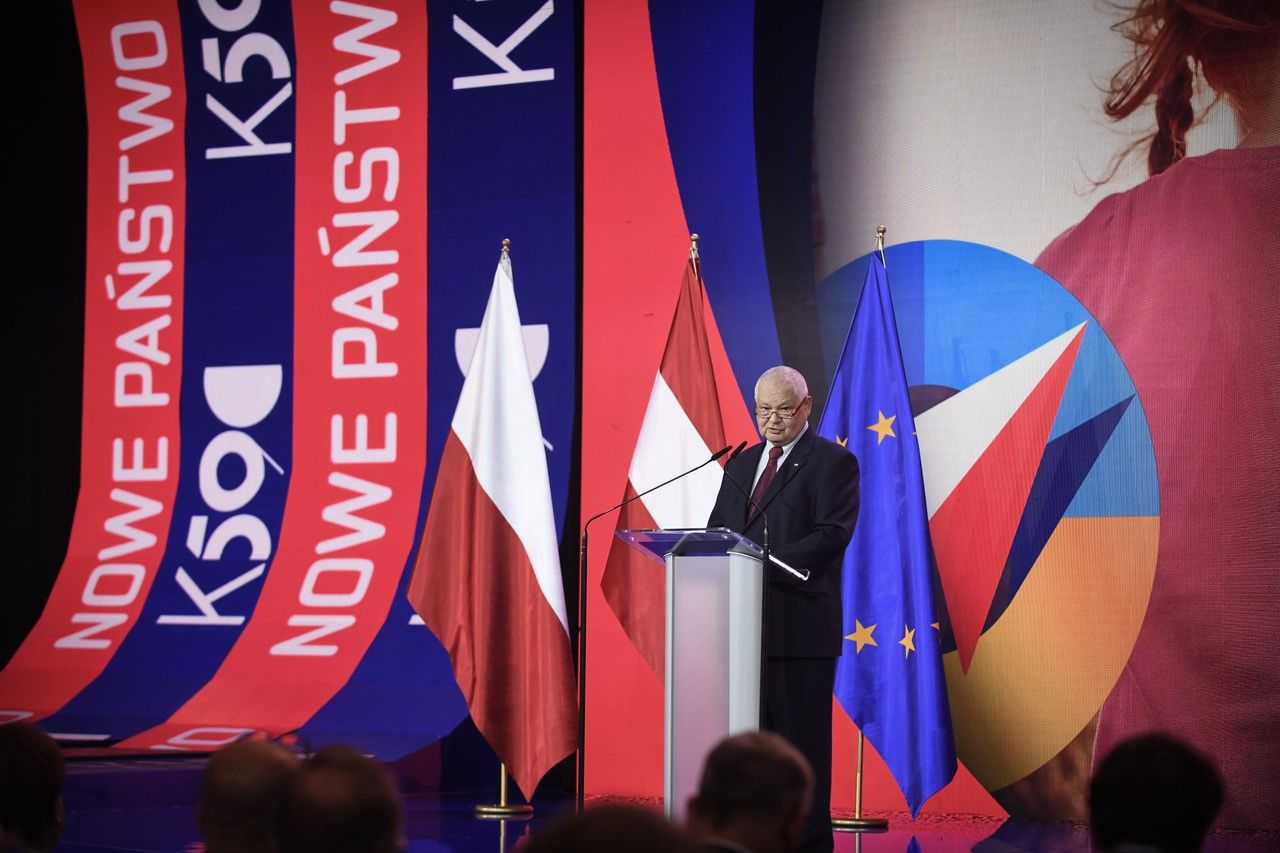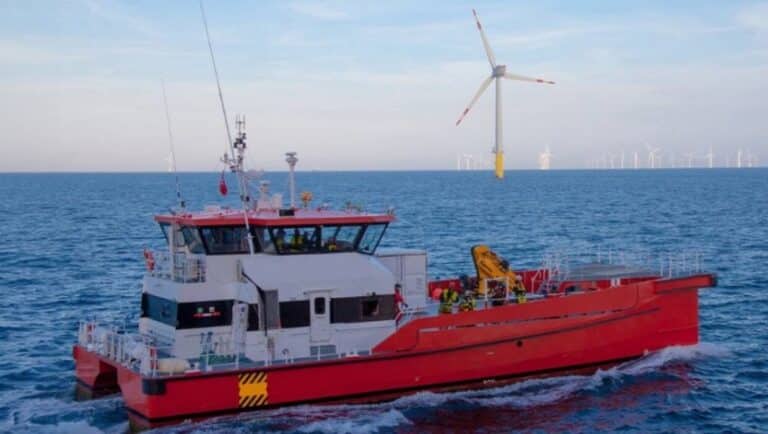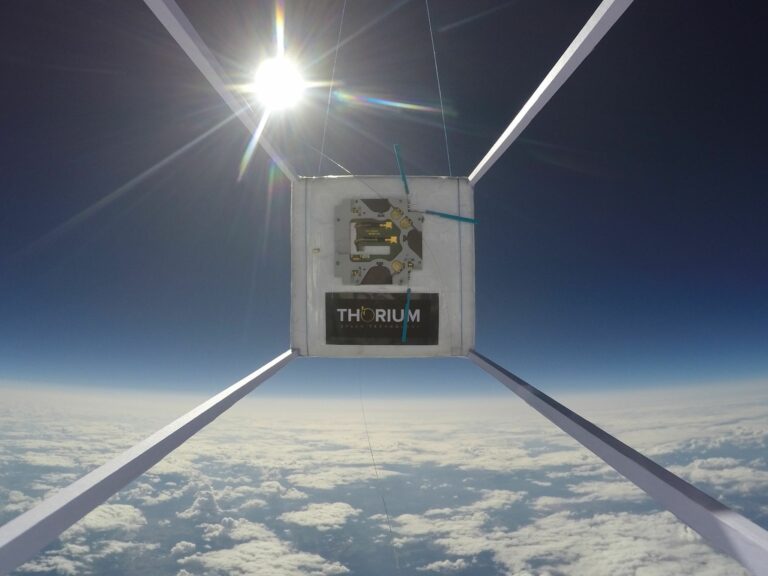Central bank hikes rates to fend off rising inflation
oland’s Monetary Policy Council (RPP) has hiked the central bank’s (NBP) reference rate by 0.75 percentage points to 1.25%. It is the second time in the past month when the NBP increased the reference rate to fight against inflation.
The activity in global economy continues to recover, yet a difficult pandemic situation persisting in many countries together with supply-side constraints in some markets and a strong increase in commodity prices, have a negative impact on the economic situation in some countries. Still, latest forecasts indicate a further increase in global GDP next year. At the same time a markedly higher than a year ago commodity prices –in particular prices of natural gas, but also of oil and coal, as well as of some agricultural commodities – together with continued global supply chain disruptions and significant increase in international shipping costs, contribute to a marked rise in inflation in many economies and an upward shift in its forecasts for the next year.
In many economies, including in the USA and euro area, inflation significantly exceeds the central banks targets, staying at the highest levels in many years. Major central banks are keeping interest rates low while continuing asset purchases, although some of them signal the reduction in the monetary accommodation scale. At the same time central banks in the Central-Eastern Europe region have been increasing interest rates.
In Poland, economic activity continues to recover. The situation in the labour market is still improving, as indicated by decreasing unemployment and a marked increase in average wage in the enterprise sector. In the coming quarters, economic conditions are expected to remain favourable. However there are significant risk factors related to the impact of autumn wave of the epidemic on the economy, as well as to the effects of supply-side constraints and high energy commodity prices on the global economic conditions.
Inflation in Poland, according to the Statistics Poland flash estimate for October2021, increased to 6.8% in annual terms, and in monthly terms it amounted to 1.0%. The elevated inflation resulted, to a great extent, from external factors beyond the control of domestic monetary policy, such as higher than a year ago global prices of energy and agricultural commodities, earlier increase in electricity prices and in waste disposal charges, as well as disruptions in global supply chains and international transport. The ongoing economic recovery, including demand driven by rising household income, has also added to the price growth.
Source: National Bank of Poland







